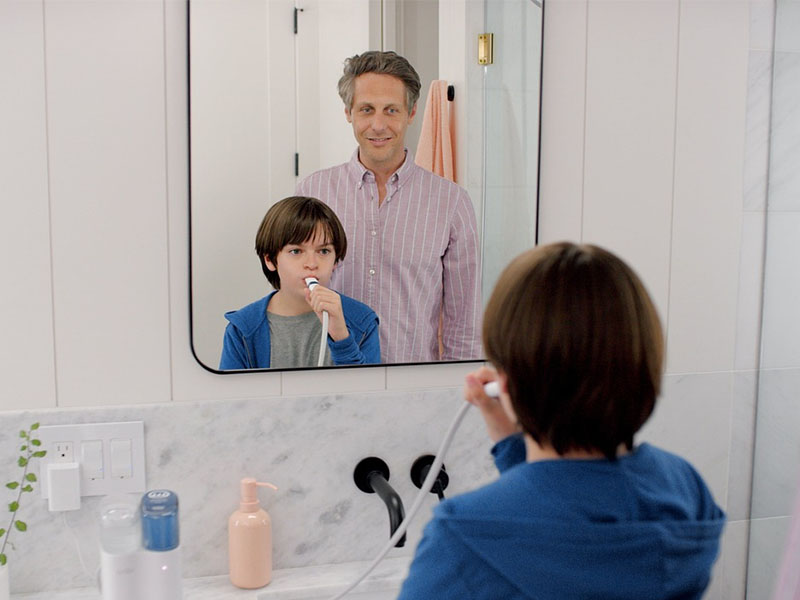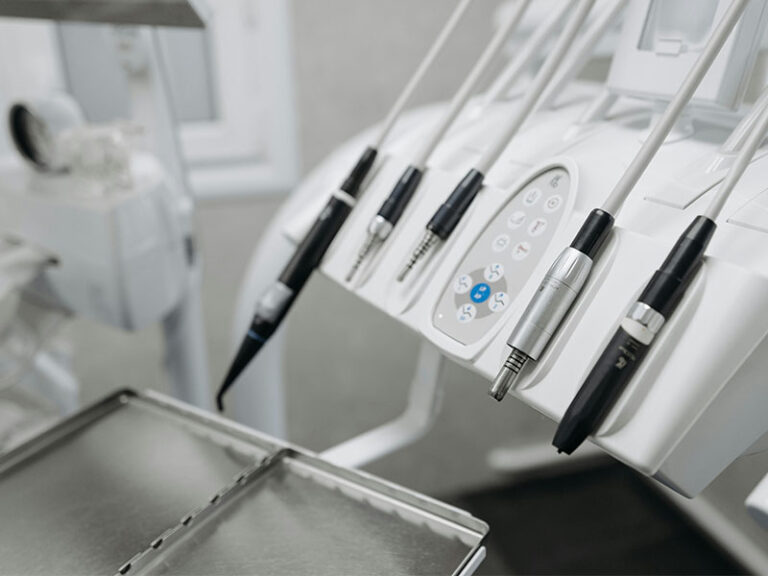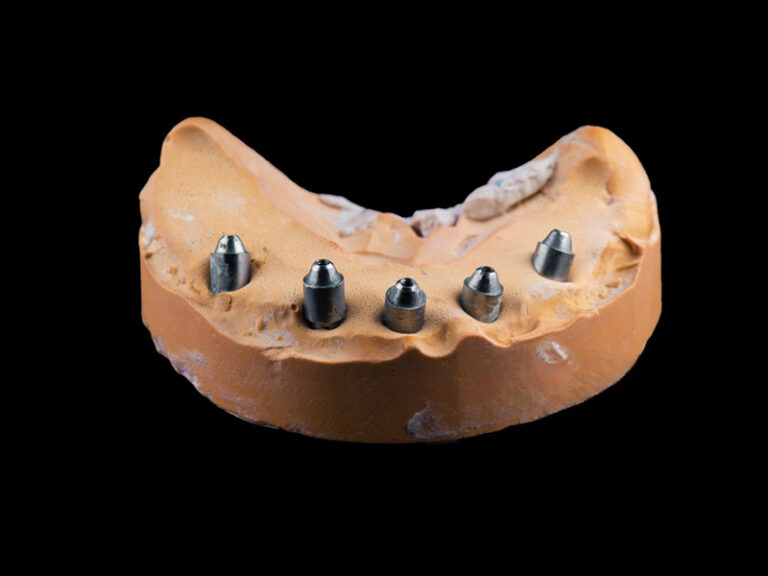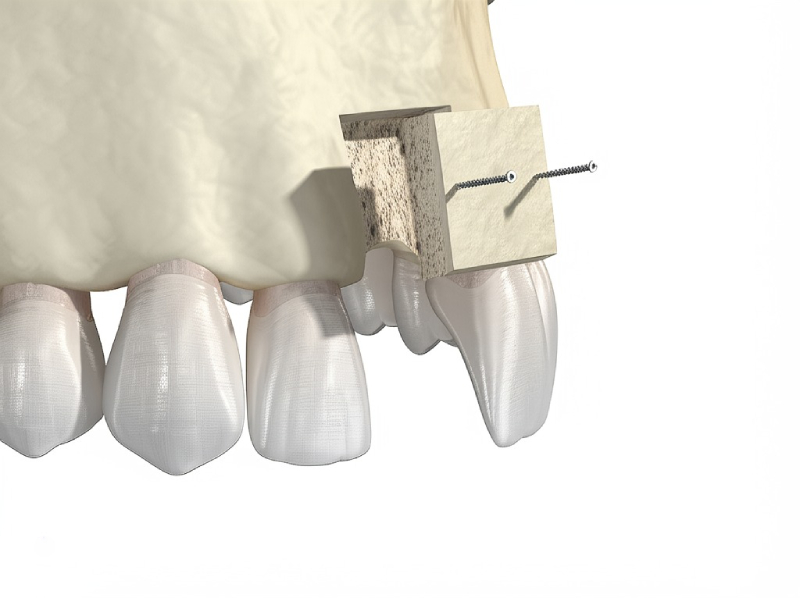
Manual vs. Electric Toothbrushes: A Simple Guide to Better Oral Health
Let’s be honest—when you’re staring at a wall of toothbrushes in the store, it’s easy to feel lost. You might wonder if the electric toothbrush is really worth the extra money. Or maybe you like your old-fashioned manual brush but keep hearing electric ones might do a better job. If you’re trying to decide which one is actually better for your teeth, you’re not alone. Lots of folks ask the same thing, and with good reason: a healthy, bright smile can boost your confidence and even keep you healthier overall.
You deserve advice that’s clear, backed by science, and easy to understand. That’s exactly what you’ll find here. We’ll look at the facts, answer common questions, and walk you through the pros and cons—no fancy words, just straight talk.
Table of Contents
The Bottom Line: Which Brush Cleans Better?
Let’s get to the point because you probably want a clear answer right away.
Question: Is an electric toothbrush really better than a regular one for your teeth and gums?
Short Answer: For most people, yes—an electric toothbrush makes it easier to brush well and for long enough, which means you get rid of more plaque and lower your chance of gum issues. But if you brush perfectly like a dentist, a manual brush can work just as well.
Here’s the thing, though: most of us don’t brush the way the pros do. We rush, we scrub too hard or barely at all, and we rarely hit the full two minutes. That’s where an electric toothbrush really helps.
Why Trust This Guide?
Our advice comes from solid scientific studies and tips from groups like the American Dental Association (ADA) and the Cochrane Collaboration. No ads, no tricks—just what actually works.
Why Science Says Electric Toothbrushes Work
You may be thinking, “Does a fancy brush really make a difference?” The truth is, science says yes—especially for most regular people.
Better at Cleaning and Fighting Gum Problems: What the Cochrane Review Shows
Let’s look at the numbers. The Cochrane Collaboration checked dozens of studies with over 5,000 people to see which kind of brush is better at getting rid of plaque and stopping swollen gums. Here’s what they found:
- After three months, people using an electric toothbrush had 21% less plaque than those using manual brushes.
- Electric toothbrushes also lowered swollen gum problems (gingivitis) by 11% more.
That’s not just a small, so-so difference. Over time, fewer plaque and happier gums mean fewer cavities, less bad breath, and a smaller risk for serious gum problems.
Why does this matter?
Plaque is a sticky film of germs that forms on your teeth and gums. If it isn’t brushed away, it turns into tartar and causes swelling—this is gingivitis, which can get worse and turn into gum disease.
Brushing Help: Timers and Pressure Helpers
Ever wonder if you’re brushing long enough or pushing too hard? Most of us don’t brush long enough, or we scrub our teeth like we’re trying to clean a burnt pan. That can leave gunk behind or even hurt your teeth and gums.
- Timers: Most electric brushes have a built-in two-minute timer (just like the ADA says you should brush for), and some even buzz every 30 seconds so you switch sides. This little feature makes you brush longer. The truth is, without a timer, most of us only brush for 45–70 seconds—not nearly enough.
- Pressure Sensors: Pressing too hard can make your gums shrink back and wear out your enamel. Many electric brushes now light up or vibrate if you’re brushing too hard, so you’re less likely to hurt yourself.
Special Settings for Different Needs
Electric toothbrushes aren’t just about cool features. Many new ones have options like “Gentle,” “Whitening,” or “Gum Care.” For example:
- Gentle Mode: Great if your mouth gets sore easily.
- Whitening Mode: Tries to remove stains a bit better (but nothing beats professional whitening).
- Gum Care Mode: Uses softer moves to help with gum health.
These options let you make brushing fit your needs, so it’s easier to stick to a good routine.
Good for Special Situations and Less Hand Strength
If you have arthritis, carpal tunnel, or any problem with hand strength, an electric brush can be a lifesaver. The spinning or buzzing head does almost everything for you—just guide it and you’re good.
Do you wear braces, have implants, or other dental work? Those spots are tough to clean by hand. Studies show the smaller, quick-moving heads of electric brushes clean around wires and fake teeth much better.
Bottom line: Electric toothbrushes aren’t just about bells and whistles—they fix real problems we all run into at the sink.
What’s Good About Manual Toothbrushes?
Don’t toss out your tried-and-true manual brush so fast! It’s been around for a reason.
Cheap and Easy to Find
Honestly, a plain old manual toothbrush is super cheap. You can buy a good one almost anywhere for a few dollars. No batteries, no charging, no need to worry about parts. Lose one while traveling? Just grab a new one at a store.
That simple ease is a big draw for lots of people.
You Control Everything (if Your Technique is Great)
Some folks really like having full control over how they brush. If you know the Bass or Modified Stillman methods (the ones dental pros teach), you can do a great job cleaning teeth and gums—no gadgets needed.
But, here’s the catch—most people think they brush great, but really, not so much.
Super Easy to Take Anywhere
No charging stands. No travel bags. No cords. Going away for the weekend? Toss your manual brush in your bag. Lose it? Just buy another one for a couple bucks.
Another Plus: Dentists say soft brushes are best for almost everyone, and there are tons of gentle, cheap manual brushes out there.

Manual vs. Electric Toothbrushes: Simple Comparison
Let’s put the most important stuff side by side, so it’s easier to decide. Think of it like a quick checklist:
| Feature / What Matters Most | Manual Toothbrush | Electric Toothbrush | What the Facts Say |
|---|---|---|---|
| Plaque Removal | Works with perfect brushing. Prone to mistakes. | Better. Keeps motion and pressure even every time. | Cochrane Review: Electric removes 21% more plaque. |
| Fighting Swollen Gums | Works, but it’s easy to miss the right spots. | Better. Same study: 11% better at fighting gum issues. | Cochrane Review: Electric wins again. |
| Brushing Timer | None. Most folks stop early. (You need two minutes!) | Built-in timer. Many buzz every 30 seconds to switch sections. | Timer helps you brush longer. |
| Pressure Warning | None—easy to brush too hard and hurt your teeth or gums. | Pressure sensor. Alerts you if you press too hard. | Helps stop gum and enamel damage. |
| Skill Needed | High. Good results mean learning dentist tips. | Low. Just gently move it—the brush does the rest. | Really helpful if hands or wrists are sore. |
| First-Time Cost | Very Low: About $1–$10 | Higher: About $25–$250+ | Manual saves money upfront. |
| Ongoing Cost | Low: Change every 3–4 months ($4–$40 per year). | More: Heads cost $20–$60 a year, brush will need replacing after a while. | Electric costs more long-term. |
| Great for Braces | Hard to get around wires and brackets. | Great: Small, moving heads clean around braces and fake teeth well. | Most braces pros suggest electric. |
| Good for the Planet? | Some eco-friendly options (like bamboo). Not much waste. | Main handle lasts for years, but heads make some trash. Some have recycling programs. | Manual is a little better for the earth. |
| Easy to Travel With | Light, small, never needs power. | May need a charger or batteries. Some have cases. | Manual is easiest to grab and go. |
Which One Should You Use? How to Decide
Let’s get personal. Not everyone has the same needs, wallet size, or risk for tooth troubles. Here’s a quick way to see which kind is best for you.
Pick an Electric Toothbrush If:
- Your dentist says so. If you keep having plaque, bleeding gums, or cavities, this could help.
- You’ve battled gum troubles or get a lot of buildup. Every bit of help matters!
- You have braces, fake teeth, or lots of dental work. Smaller, buzzing heads clean these better.
- You have sore hands, arthritis, or trouble holding things. Let the brush do the work for you.
- You need a timer to brush for two minutes, every time. Buzzers help kids and folks who rush.
Stick With a Manual Brush If:
- You have great brushing technique and always get good checkups.
- You’re saving money. Manual is cheap, works, and easy to swap out.
- You travel a lot and want something super simple. No fuss, no extras.
- You’re teaching a little kid to brush. Start easy, upgrade later if needed.
Still Not Sure?
Remember: what matters most is brushing twice a day, using good brushing moves, and swapping out your brush (or head) every 3–4 months. If you’re not sure about your technique, just ask your dentist or one of their staff to show you how at your next checkup.
Common Questions (FAQ)
Do dentists really like electric brushes?
Yes. A lot of dentists now suggest using electric toothbrushes—especially those with timers and pressure sensors—if you struggle with plaque, have gum problems, or wear braces or fake teeth. The American Dental Association (ADA) gives its stamp of approval to both manual and electric brushes, but the science stacks up stronger for electric in the long run.
Can an electric toothbrush hurt my teeth or gums?
Used right, electric toothbrushes are very safe. In fact, their warning buzz or light helps you avoid brushing too hard, which is what usually causes gum and tooth wear. However, any brush—manual or electric—can cause trouble if you brush too hard, too long, or pick stiff bristles. Always use soft bristles and don’t press hard.
Sonic or spinning electric brushes: does it matter?
Both sonic (side-to-side buzz, like Philips Sonicare) and spinning (round movements, like Oral-B) work really well. Some tests say spinning is a little better at cleaning, but it’s a small difference. What really matters? That you brush well, every time, and swap out old brush heads.
How often should I get a new toothbrush or electric brush head?
Aim for every 3–4 months—or sooner if the bristles look worn out. Old bristles don’t clean as well and can hold germs. Even the fanciest brush can’t do its job if it’s all worn out!
Our Last Word: Your Health Matters
We’ve gone over the facts, compared features, and busted a few myths. So what’s the simple answer?
The best toothbrush is the one you use well and regularly.
- If you’re great at sticking to good brushing habits, love how simple things are, or want to save money, a manual brush is just fine.
- For most folks, an electric toothbrush helps you brush longer and better—with less guesswork. That usually means less plaque, healthier gums, and a fresher mouth.
In the end, it depends on your needs, budget, and routine.
Quick Tips to Remember
Key Takeaways:
- Plaque causes most tooth and gum trouble; cleaning it every day keeps your mouth healthy.
- Most people don’t brush long enough or cover everything with manual brushes.
- Electric toothbrushes help by moving in the best way, timing your brushing, and warning you if you press too hard.
- Manual brushes work if you use them right, keep up the routine, and swap for a new one every 3–4 months.
- Ask your dental pro for advice—they know what’s best for your mouth.
Want to get it just right? Talk with your dental team at your next visit. They’ll help you choose and maybe even show you a few tricks.
And remember: a little bit of time spent on brushing now saves a lot of pain (and money) later. Good habits are worth it—give your smile the best shot you can.
Checked by Dr. Laura Chen, DDS — Dentist.
Got more questions or want a quick lesson on brushing? Just ask at your next dental visit. They’ll be happy to help—your smile deserves it!








